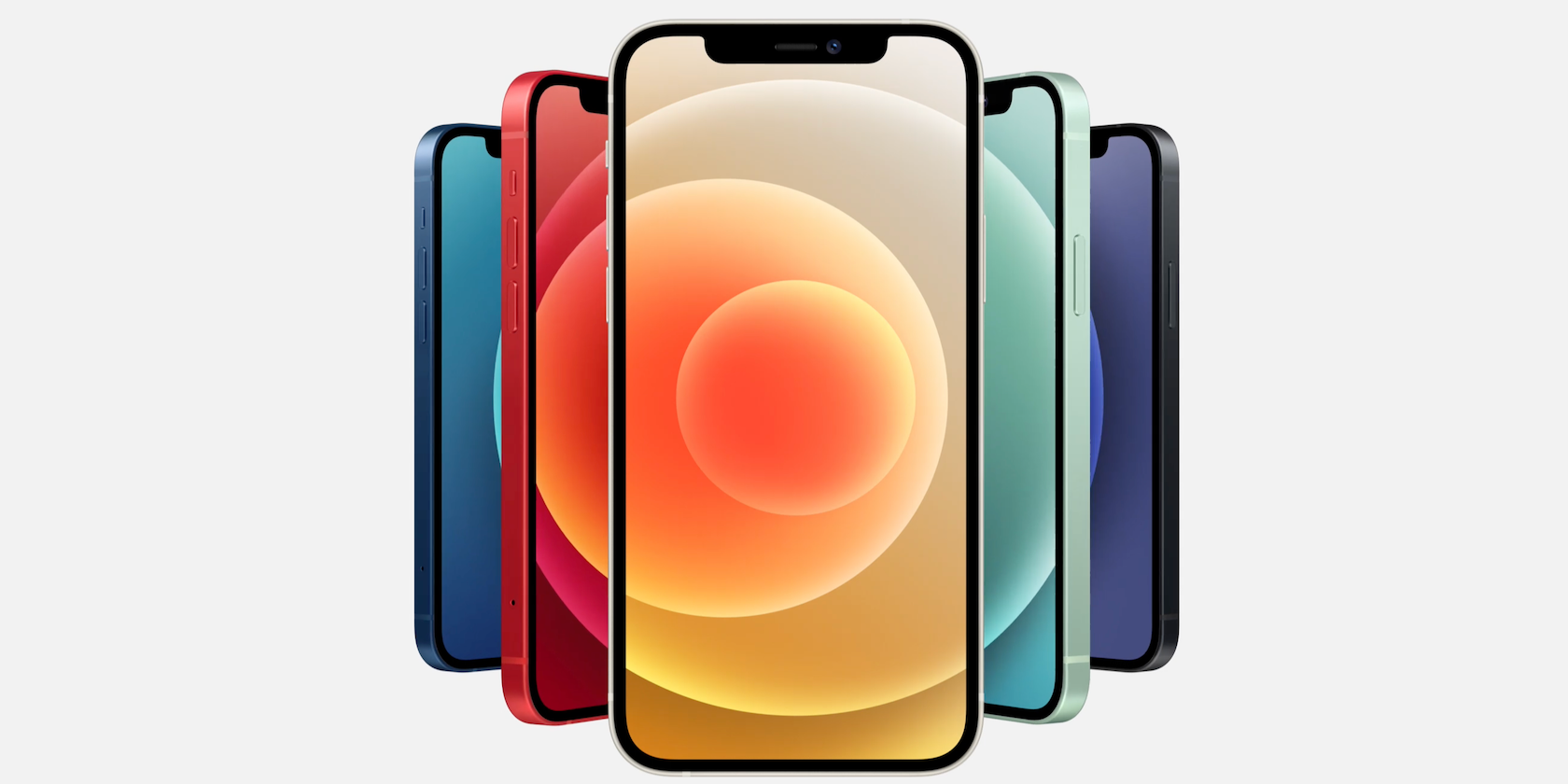The chairman of Apple's biggest contract manufacturer, Foxconn, says that his company and its clients will face just "limited impact" from a major chip shortage. This shortage reportedly includes application processors, display driver chips, and power management chips for smartphones.
"Since most of the customers we serve are large customers, they all have proper precautionary planning," said Liu Young-way, chairman of Foxconn, quoted by Reuters. "Therefore, the impact on these large customers is there, but limited."
Apple Gets Priority Treatment
The chip shortage is affecting a number of different industries, including not just smartphones, but also the automotive industry. As with many current bottlenecks here in 2021, this shortage relates to the knock-on effects of the COVID-19 pandemic. This has caused manufacturing challenges, but also massively increased demand for electronics products around the world.
Counterpoint Research, cited in the Reuters report, says that the smartphone industry at large will be affected by the shortage. However, it predicts that Apple will not be among those impacted.
On paper, Apple would seem to be a prime target for suffering disruption---since it requires enormous quantities of components in order to create all the devices it needs to satisfy customer demand. But Apple's size and industry position also means that manufacturers will often prioritize it. That is because, for many manufacturers, Apple is the biggest contract they could hope to land. Prioritizing others over it could be extremely detrimental to their chances of winning future Apple contracts.
Liu Young-way also noted that he expects Foxconn to do very well in the first half of 2021---"especially as the pandemic is easing, and demand is still being sustained."
Benefitting From iPhone 12
Apple is far from Foxconn's only customer. Nonetheless, it remains a major client of the Taiwanese electronics contract manufacturer, which it has worked with for years.
All metrics so far---including Apple's record-breaking last quarter earnings---suggest that the iPhone 12 series of devices have been a massive hit for Apple. The iPhone 12 introduced OLED displays across all four iPhone models, the breakthrough A14 chip, upgraded cameras, MagSafe connector, 5G capabilities, and more.
That, in turn, means good things for those companies, like Foxconn, which build products such as the iPhone. Simply put: The better Apple does, the better companies like Foxconn do.
In that light, it's no surprise that these contract manufacturers would do everything they can to shield Apple from component shortages within the supply chain.

